Riyadh, 9 Dhulqa’dah 1436/24 August 2015 (MINA) – Amid final preparations for hajj, Saudi Arabia was hit by a new surge of cases of Middle East respiratory syndrome (MERS) in Riyadh, triggering fears of another outbreak of the deadly virus.
“The Ministry of Health is working at full capacity to contain the current outbreak of the virus,” health minister Khalid al-Falih said Saturday on Twitter, On Islam quoted by Mi’raj Islamic news Agency (MINA) as reporting.
Saudi Arabia reported Sunday six new cases of MERS, the latest sign of a spreading viral disease ahead of hajj which brings millions of pilgrims to the country.
The surging number of cases, the largest since the peak of the last MERS outbreak in the summer of 2014, started over the past week, during which Riyadh saw more than 40 cases of the disease, 15 of them affecting health workers.
Also Read: YouTuber Ms. Rachel Wears Gaza Children’s Artwork Dress at Glamour Magazine Awards
In addition, the threat of the viral disease spreading could increase as more than 5 million Saudi students resume school on Sunday after summer vacation.
Abdulaziz bin Said, undersecretary for public health, said Sunday that infection control teams are now providing around the clock support to emergency wards at Riyadh hospitals.
First recorded in Saudi Arabia in 2012, the deadly virus known as Middle East Respiratory Syndrome (MERS) has been striking hardest in the kingdom.
MERS is a virus that can cause breathing problems, fever, pneumonia and kidney failure.
Also Read: White House: President Trump to Meet Syrian President
The SARS-like virus can be lethal by causing respiratory problems, pneumonia, and kidney failure.
MERS spread could be devastating because the virus kills about 50 percent of the people it infects.
Since it first appeared in Saudi Arabia in 2012, the virus has infected 1,147 people, killing 487, according to the Saudi health ministry.
In a bid to curb the spread of the virus, the kingdom is considering a ban on the practice of sacrificing camels, which is believed to pass MERS from infected animals to humans.
Also Read: Latest Israeli Airstrike in Southern Lebanon: 2 Dead, 7 Wounded
Ministry spokesman Khaled Al-Mirghalani told Arab News on Friday that his ministry is currently discussing with officials from the Makkah governorate and its municipality to ban the slaughter of camels during hajj rituals this year.
“Once the three parties agree, the ban will be formally announced in the coming weeks ahead of Hajj,” he said.
However, he added that pilgrims who want to sacrifice camels during Hajj can do so through organizations such as Islamic Development Bank and Al-Rajhi Banks since such schemes do not have a direct impact on pilgrims.
Muslims from around the world pour into Makkah every year to perform hajj, one of the five pillars of Islam.
Also Read: Egypt Urges Israel to Withdraw from Five Occupied Outposts in Southern Lebanon
Hajj consists of several ceremonies, which are meant to symbolize the essential concepts of the Islamic faith, and to commemorate the trials of Prophet Abraham and his family.
Every able-bodied adult Muslim who can financially afford the trip must perform hajj at least once in a lifetime.
Hajj is officially expected to fall between September 21 and 26, with the climax falling on September 22 when the faithful descend the Mount `Arafat. (T/P006/R04)
Mi’raj Islamic News Agency (MINA)
Also Read: Riyadh and Madinah Named in UNESCO’s Creative Cities Network










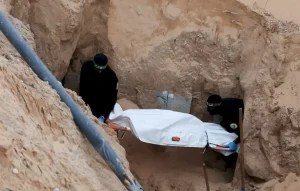



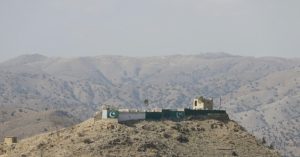

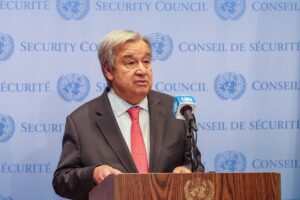
![French President Emmanuel Macron in Berlin, Germany on March 15, 2024 [Halil Sağırkaya – Anadolu Agency]](https://en.minanews.net/wp-content/uploads/2024/10/Screenshot_2024-10-22-20-57-45-59_40deb401b9ffe8e1df2f1cc5ba480b12-300x193.jpg)




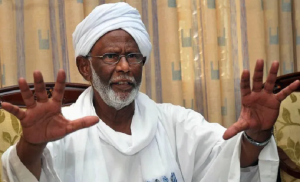





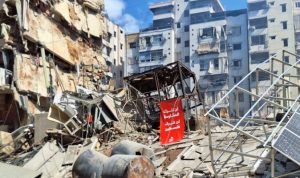





 Mina Indonesia
Mina Indonesia Mina Arabic
Mina Arabic